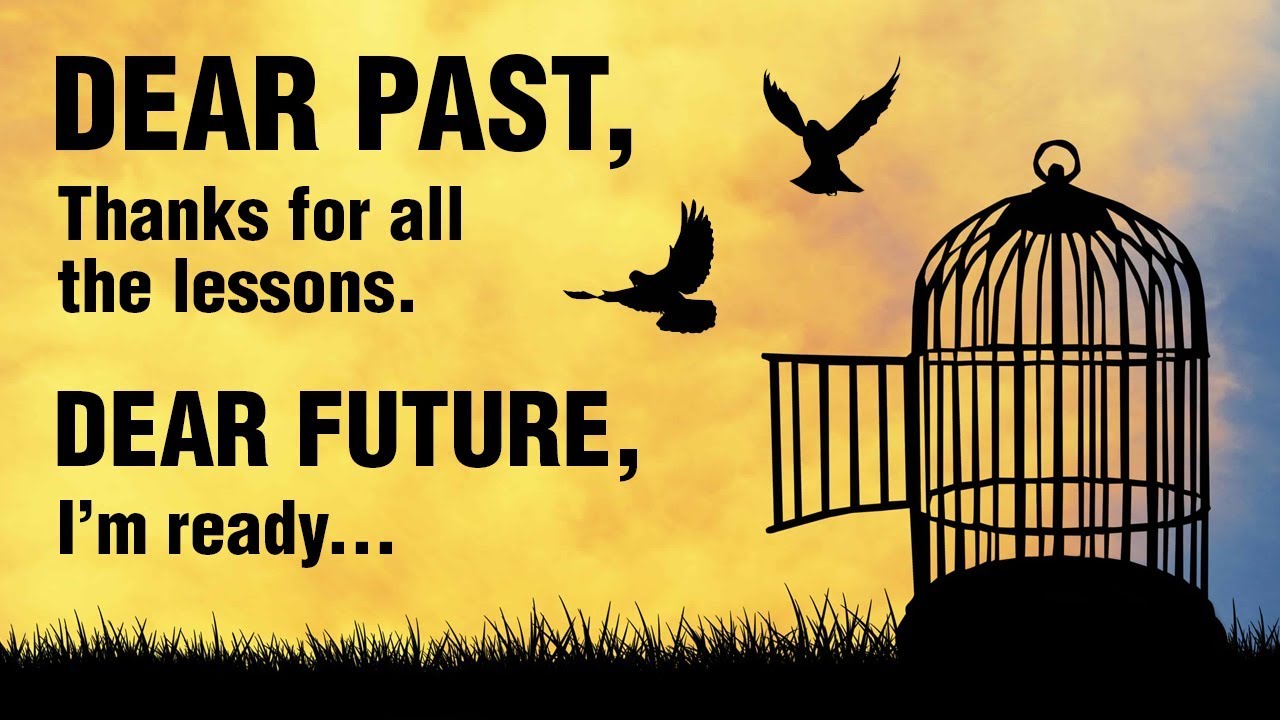5/19/2023
It’s graduation week and we will be honoring graduates this weekend. With that in mind…….
“So Elisha left him and went back. He took his yoke of oxen and slaughtered them. He burned the plowing equipment to cook the meat and gave it to the people, and they ate. Then he set out to follow Elijah and became his servant.”
–1 Kings 19:21
On February 19, 1519, the Spanish explorer Hernán Cortés set sail for Mexico with an entourage of 11 ships, 13 horses, 110 sailors, and 553 soldiers. The indigenous population upon his arrival was approximately five million. From a purely mathematical standpoint, the odds were stacked against him by a ratio of 7,541 to 1. Two previous expeditions had failed to even establish a settlement in the New World, yet Cortés conquered much of the South American continent.
What Cortés is reported to have done after landing is an epic tale of mythic proportions. He issued an order that turned his mission into an all-or-nothing proposition: Burn the ships!
As his crew watched their fleet of ships burn and sink, they came to terms with the fact that retreat was not an option. And if you can compartmentalize the moral conundrum of colonization, there is a lesson to be learned: Nine times out of ten, failure is resorting to Plan B when Plan A gets too risky, too costly, or too difficult. That’s why most people are living their Plan B. They didn’t burn the ships. Plan A people don’t have a Plan B. It’s Plan A or bust. They would rather crash and burn going after their God-ordained dreams than succeed at something else.
There are moments in life when we need to burn the ships to our past. We do so by making a defining decision that will eliminate the possibility of sailing back to the old world we left behind. You burn the ships named Past Failure and Past Success. You burn the ship named Bad Habit. You burn the ship named Regret. You burn the ship named Guilt. You burn the ship named My Old Way of Life.
That is precisely what Elisha did when he turned his plowing equipment into kindling and barbequed his oxen. It was his last supper. He said good-bye to his old life by throwing a party for his friends. They shared a meal and shared stories into the early-morning hours. But it was the bonfire that made it the most meaningful and memorable night of his life because it symbolized the old Elisha. It was the last day of his old life and the first day of his new life.
Burning the plowing equipment was Elisha’s way of burning the ships. He couldn’t go back to his old way of life because he destroyed the time machine that would take him back. It was the end of Elisha the farmer. It was the beginning of Elisha the prophet.
Stop and think about the symbolism of what Elisha did. Elisha literally cooked his old way of life and ate it for dinner. And forgive me if this is taking the analogy too far, but after digesting it, he got it out of his system. He eliminated the possibility of going back to farming by eating his own oxen and burning his plowing equipment.
We all, including graduating seniors, have a past. Let’s leave it in the rear-view mirror and focus on the windshield ahead of us. There’s a reason the rear-view mirror is so small and the windshield is so large……that’s where our focus should be.
Seniors, God has a great plan for you and it’s ahead of you…….not behind you. And we’re praying for you all the way!!

